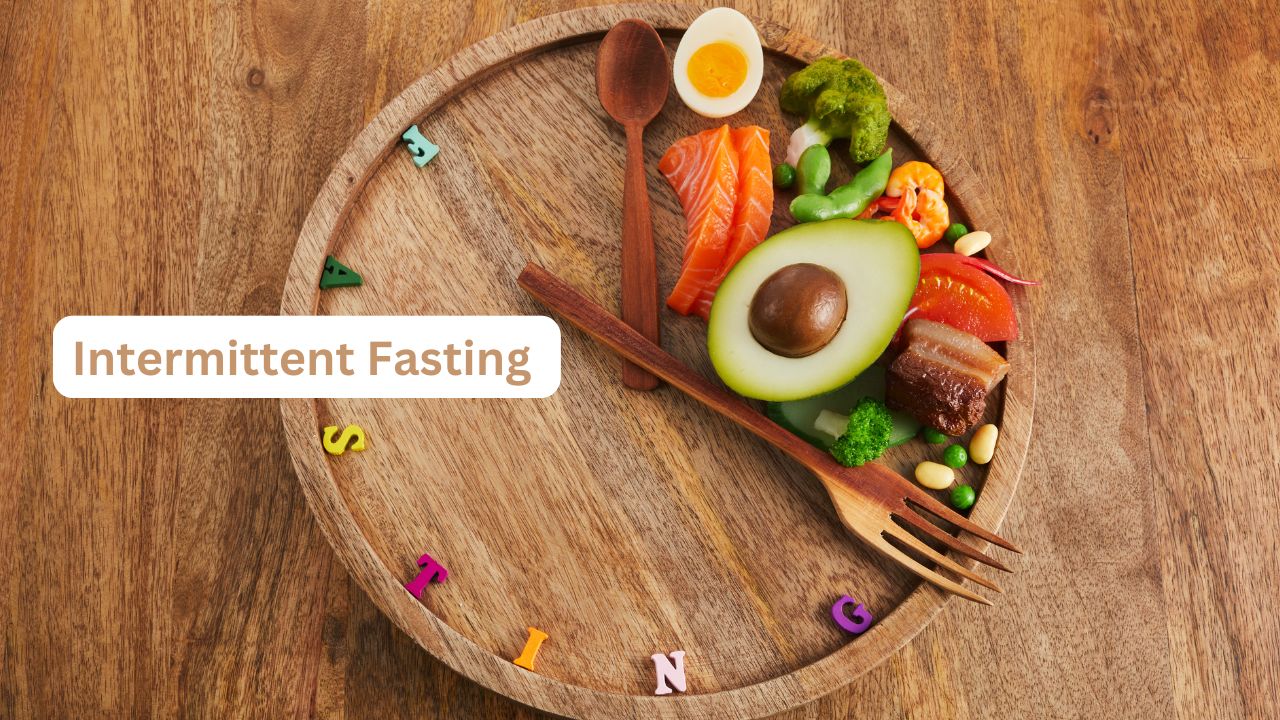Intermittent Fasting Inspired by Indian Traditions
Vishnu Priya
. 3 min read
Intermittent fasting has gained significant attention in recent years as a powerful method for improving health and achieving weight loss. Interestingly, this modern trend resonates deeply with age-old Indian traditions, where fasting has long been a spiritual and cultural practice. By understanding the synergy between intermittent fasting and Indian traditions, you can adopt a lifestyle that not only benefits your physical health but also aligns with timeless wisdom.

What is Intermittent Fasting?
Intermittent fasting (IF) is an eating pattern that cycles between periods of consuming food and abstaining from it. Unlike conventional diets that focus on what to eat, IF emphasizes when to eat. Popular methods include:
16/8 Method: This involves fasting for 16 hours and eating all your meals within an 8-hour time frame. For example, you might eat between 10 AM and 6 PM and fast the rest of the time.
5:2 Method: In this approach, you eat normally for five days a week, while on the other two days, you reduce your calorie intake significantly (typically around 500-600 calories).
Alternate-Day Fasting: This involves fasting every other day, where you either consume very few calories or none at all during fasting days and eat normally on non-fasting days.
24-Hour Fasts: You refrain from eating for a full 24 hours, usually once or twice a week, such as fasting from dinner one day to dinner the next.
Intermittent Fasting in Indian Traditions
Indian culture has a rich history of fasting, deeply rooted in religious and spiritual practices. These traditions share striking similarities with modern intermittent fasting:
Ekadashi Fasts: Observed twice a month, these involve abstaining from grains and sometimes fasting entirely.
Navratri Fasts: Spanning nine days, these fasts often include restricted diets, focusing on light and easily digestible foods.
Karva Chauth: A one-day fast observed by married women, involving no food or water from sunrise to moonrise.
These practices not only promote discipline but also allow the body to detoxify, echoing the benefits of intermittent fasting.
Health Benefits of Intermittent Fasting
Modern science supports the health benefits of intermittent fasting, many of which align with the outcomes of traditional Indian fasting:
Weight Loss: By limiting eating windows, intermittent fasting helps reduce calorie intake and improve metabolism.
Improved Digestion: Fasting gives the digestive system a break, reducing bloating and improving gut health.
Enhanced Brain Function: Studies suggest that fasting can boost cognitive performance and reduce the risk of neurodegenerative diseases.
Blood Sugar Regulation: IF helps stabilize blood sugar levels and improve insulin sensitivity.
Longevity: Research indicates that intermittent fasting can activate cellular repair processes, potentially increasing lifespan.
How to Practice Intermittent Fasting with an Indian Twist
Start with Herbal Drinks: Begin your fasting window with warm water, lemon water, or herbal teas like tulsi or ginger tea.
Plan Your Meals: During the eating window, focus on traditional Indian foods rich in nutrients, such as lentils, vegetables, and fermented foods like idli or dosa.
Avoid Overeating: Traditional fasting emphasizes moderation. Even during the eating window, avoid indulgence.
Hydration is Key: Drink plenty of water during the fasting period to stay hydrated and energized.
Incorporate Spices: Indian spices like turmeric, cumin, and coriander can enhance the detoxifying effects of fasting.
FAQs about Intermittent Fasting
Can anyone try intermittent fasting?
How does intermittent fasting differ from traditional Indian fasting?
What can I drink during the fasting period?
Can intermittent fasting cause nutrient deficiencies?
How long does it take to see results?
More Stories from
Exploring the Benefits of Fermented Foods for Gut Health and Beyond
Discover the incredible benefits of fermented foods for gut health and beyond. Learn how probiotic-rich foods like kimchi, sauerkraut, and yogurt can improve digestion, boost immunity, and support mental well-being. Start adding these healthy options to y
5 Easy Ways to Use Beetroot for Radiant and Glowing Skin
Beetroot for skincare? Yes! Try these 5 at-home beauty uses to get clear, glowing skin naturally. No harsh chemicals—just pure glow.
Why Sea Buckthorn Belongs in Your Daily Diet
From glowing skin to better digestion, see why sea buckthorn is a top superfood with science-backed benefits for daily wellness.
How Moringa Helps Boost Immunity Naturally
Looking to improve your immune health? Learn how moringa's nutrients and antioxidants can help support your body’s defenses.




